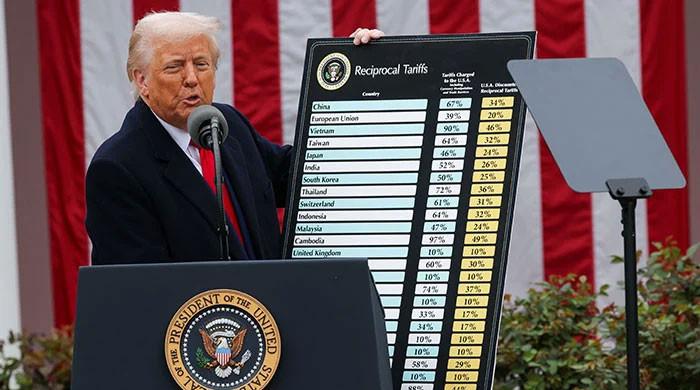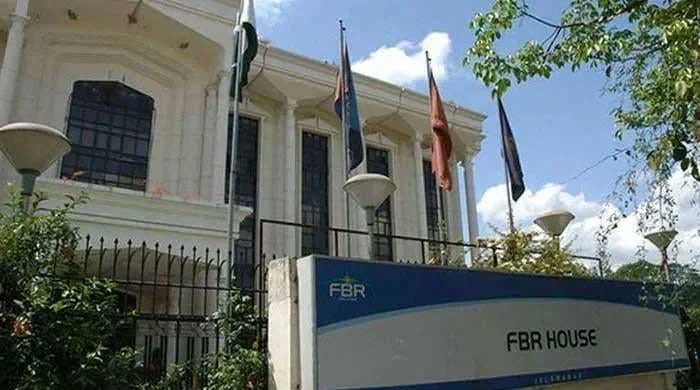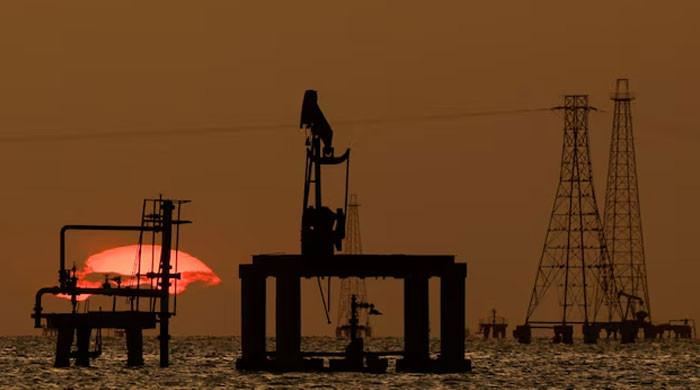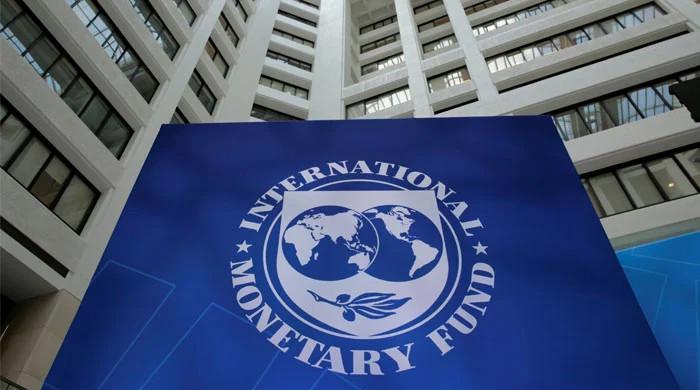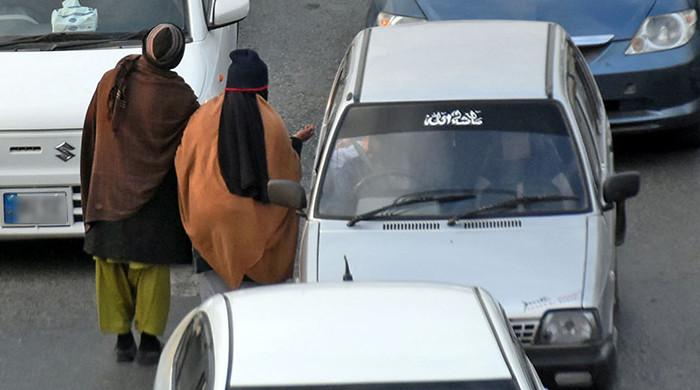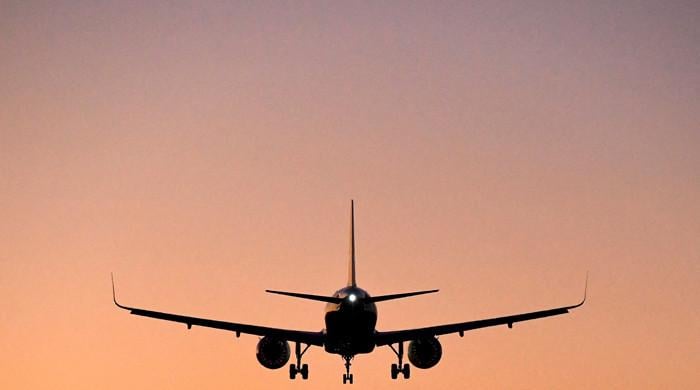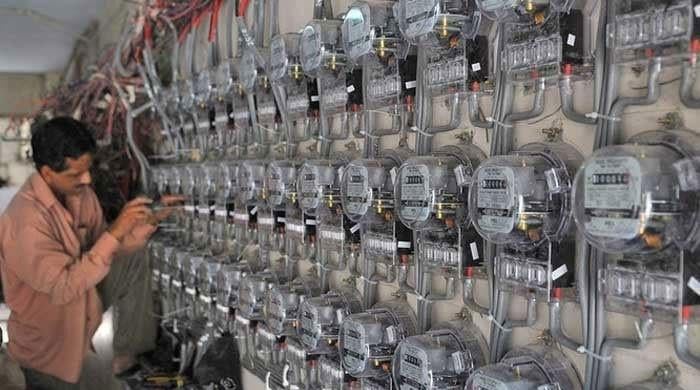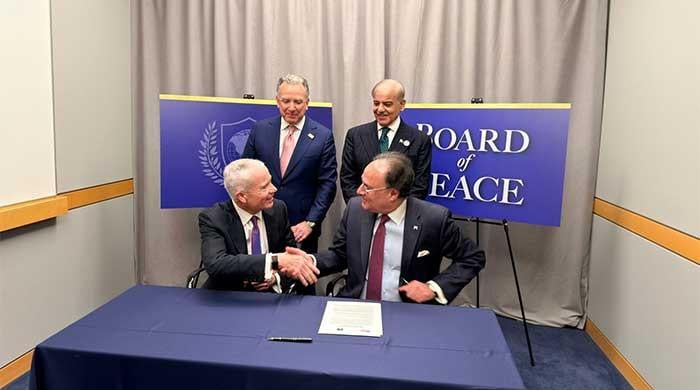Govt greenlights import of vehicles up to 5-year-old
Change in policy to come into effect from September 1
June 21, 2025
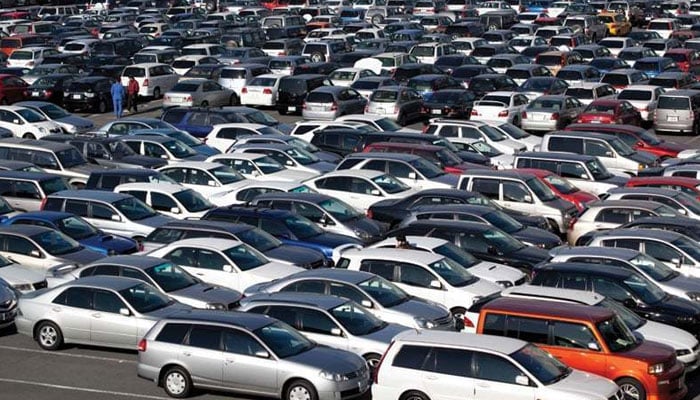
- Additional tariff protection of 40% to be imposed on such vehicles.
- Will be restricted at 50% from the earlier average tariff of 90%.
- Extension in import year limit to come in to effect from September 1.
ISLAMABAD: Prime Minister Shehbaz Sharif-led government has allowed commercial import of old, used vehicles up to five years from the present three-year-old vehicles, The News reported on Saturday.
The development comes after the Senate Standing Committee on Finance met under the chairmanship of Senator Saleem Mandviwalla where Secretary Commerce Jawad Paul informed the Senate panel that the period for the import of old/used vehicles under the Baggage Scheme was not changed, and overseas Pakistanis could continue to import three-year-old vehicles under this scheme, adding that from September 1, the commercial import of five-year-old vehicles would be allowed.
However, there would be an additional tariff protection of 40% on such vehicles in FY 2025-26, as the tariff would be restricted at 50% from the earlier average tariff of 90%.
In the next four years, the 40% additional import tariff would be brought to zero on the import of used and old vehicles. In the future, the import of six to seven years old vehicles would also be allowed. The quantity and standards would be maintained to ensure that old and used vehicles do not create environment-related problems in the country.
Mandviwalla said the same time period of five years should apply to the import of vehicles under the baggage scheme as well as commercial import.
The government should give the same treatment to overseas Pakistanis and commercial importers for the import of vehicles, he added. The commerce secretary said the gift scheme was being misused on the import of old and used vehicles.
Meanwhile, the National Assembly’s Standing Committee on Finance and Revenues met under the chairmanship of Syed Naveed Qamar, which granted approval for bringing over Rs10 million pension into the tax net at a rate of 5%.
The NA panel also approved amendments proposed in the Income Tax in the Seventh Schedule, which provides special treatment for the banking sector.
The FBR has proposed five amendments for disallowing banks from incorporating expenses from the payment of taxes, including the rented building of banks and advances to non-performing loans.
It is pertinent to know that the country intends to increase the manufacturing of electric vehicles (EVs) to 2.2 million units over the next five years, primarily electric motorbikes.
Recently, the National Assembly's Standing Committee on Finance, as reported by the publication, was informed that a three-tiered levy structure would be implemented: 1% for new automobile purchases up to 1300cc, 2% for those between 1301 and 1800cc, and 3% for those over 1800cc. When committee members learned that these charges were left out of the official Finance Bill 2025–2026, they were shocked.




